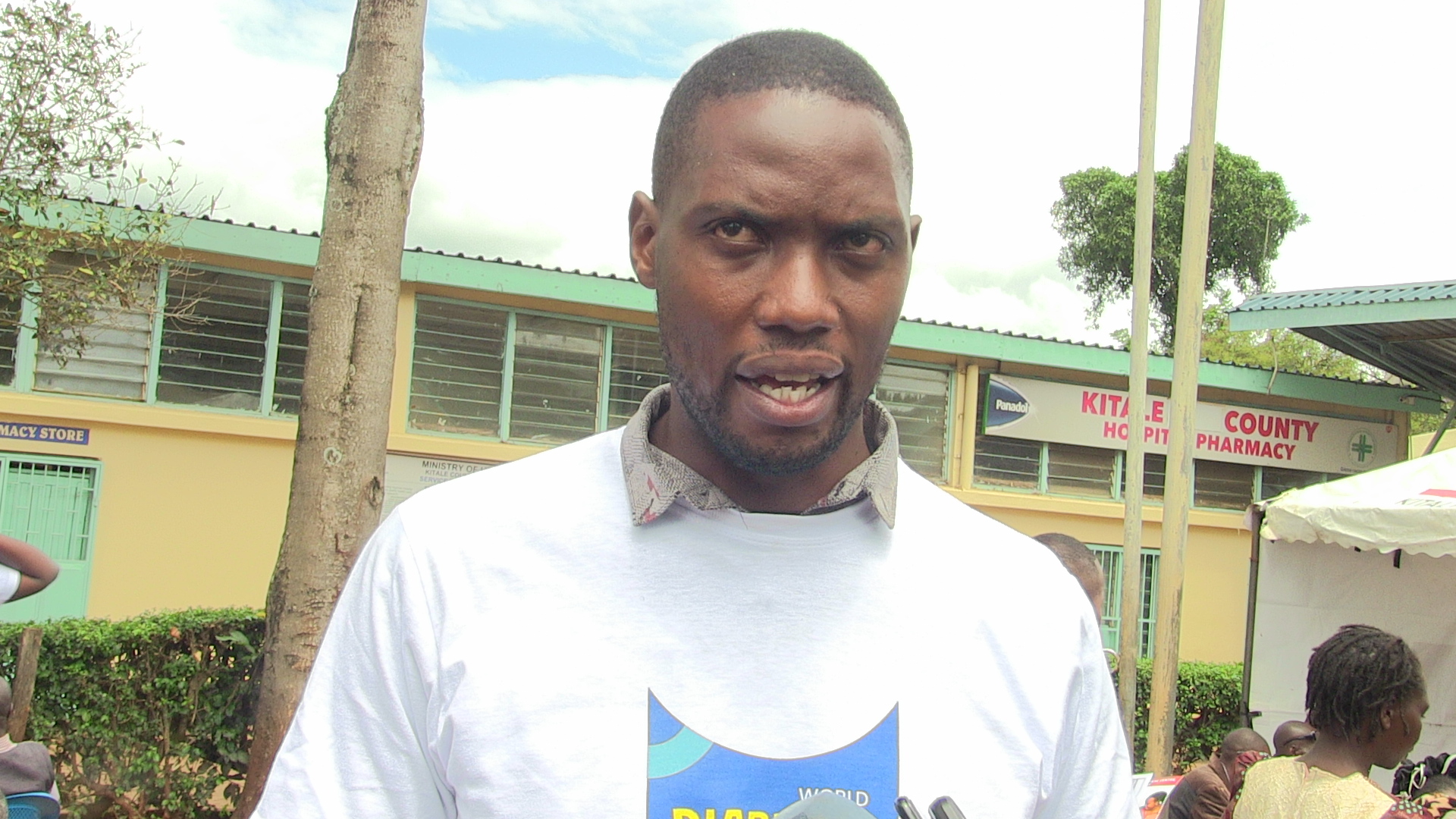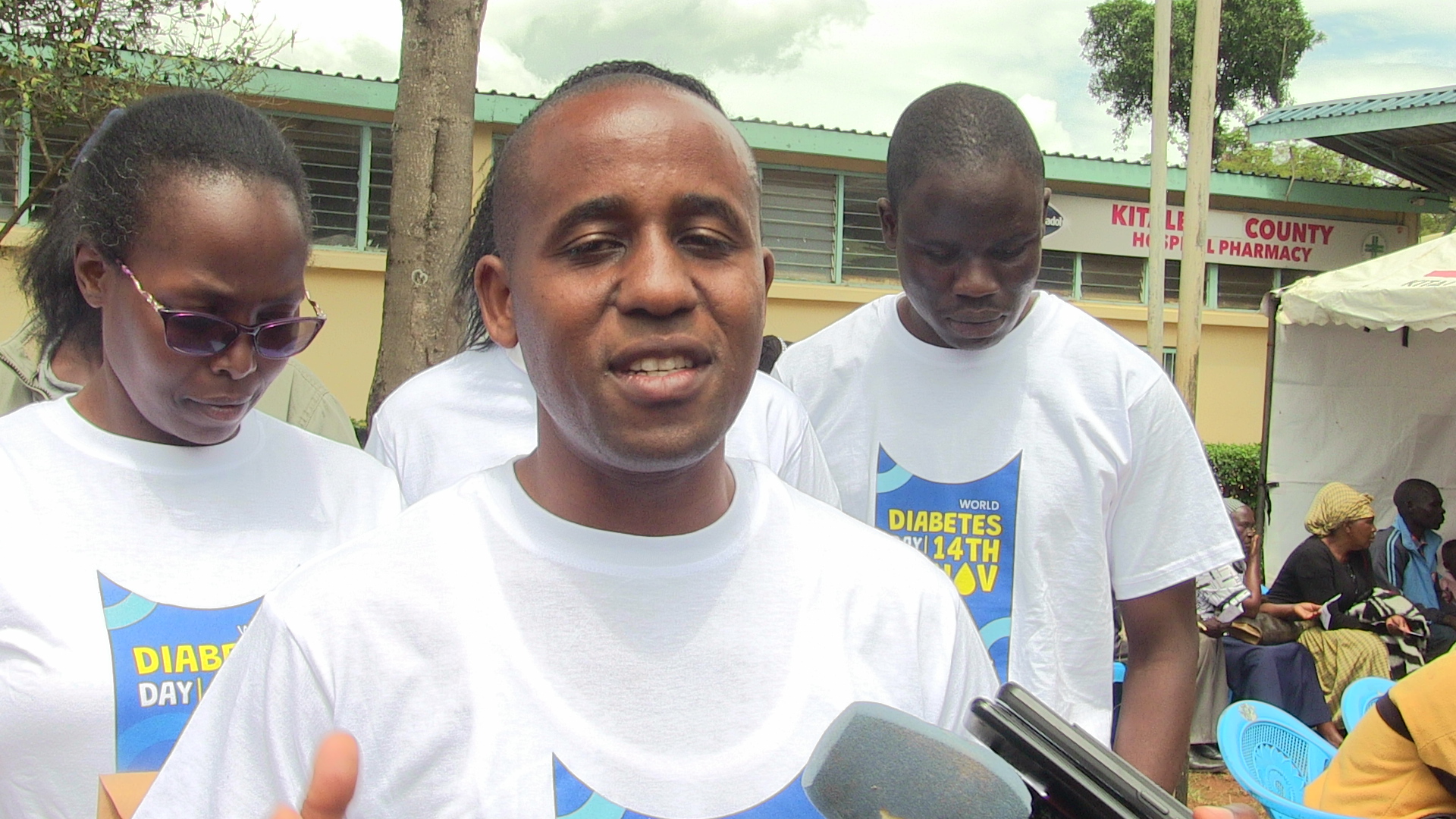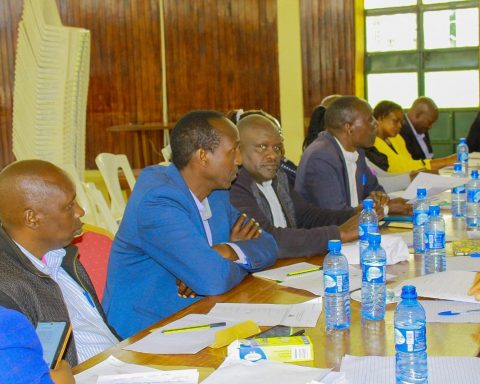By Kabaraji Richard
Health Practitioners in Trans Nzoia are concerned over an increase in cases of diabetes type 2 in the county.
The county has reported a 2 per cent increase within the last year.
According to the head of the Diabetes Department at Wamalwa Kijana Referral Hospital Dr Silas Wambulwa, they currently have 5,000 patients from 50 who were initially registered in the clinic of which 200 are new cases.
“Children and young people who are diagnosed with the type two diabetes strands are on the increase,” Dr Wambulwa said.
He also noted that most of the locals who did not know of their sugar level status had increased by two per cent with most cases blaming the hot weather for the increased water intake rather than taking diabetes tests.

“We did a random survey, especially in rural areas and found that out of five people, one was diabetic. However, those diabetics did not have information and instead blamed increased water intake and urinating on the hot weather being experienced across the county,” the medic noted.
Use of herbal medicine
Also of concern was the move by a section of patients who had resorted to the use of herbal medicine.
Dr Emmanuel Mwengi noted that a section of patients had refused to take medicines and were instead taking herbal concoction which has not been laboratory proven to cure the condition.
Medical practitioners are now urging locals to get tested at least every six months to ensure their well-being.
They say diabetes is manageable if detected earlier and the correct medication is prescribed.
“With medication and a correct diet you can manage diabetes because it is an expensive disease to treat fully so we advocate for proper management.”

Meanwhile, a section of patients has complained of a lack of medication and other required equipment in most hospitals.
They have also lamented over what they claim is some of the medicines being expensive in local chemistries.
“We lack needles to inject insulin and medication,” said Alfred Masibo, a retired senior police officer battling the condition.
Also, lack of medical cover has been identified as another hindrance in the smooth service deliverance due to the nature of the disease with most patients lacking NHIF cover.












